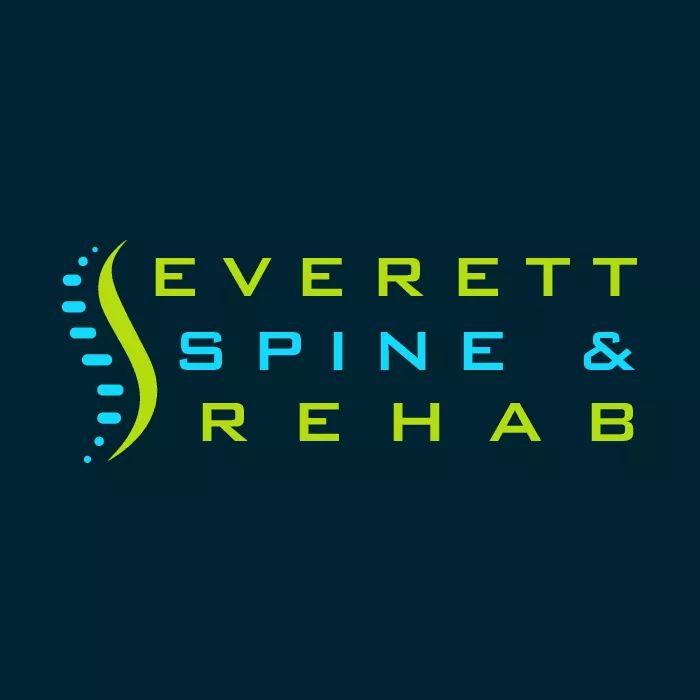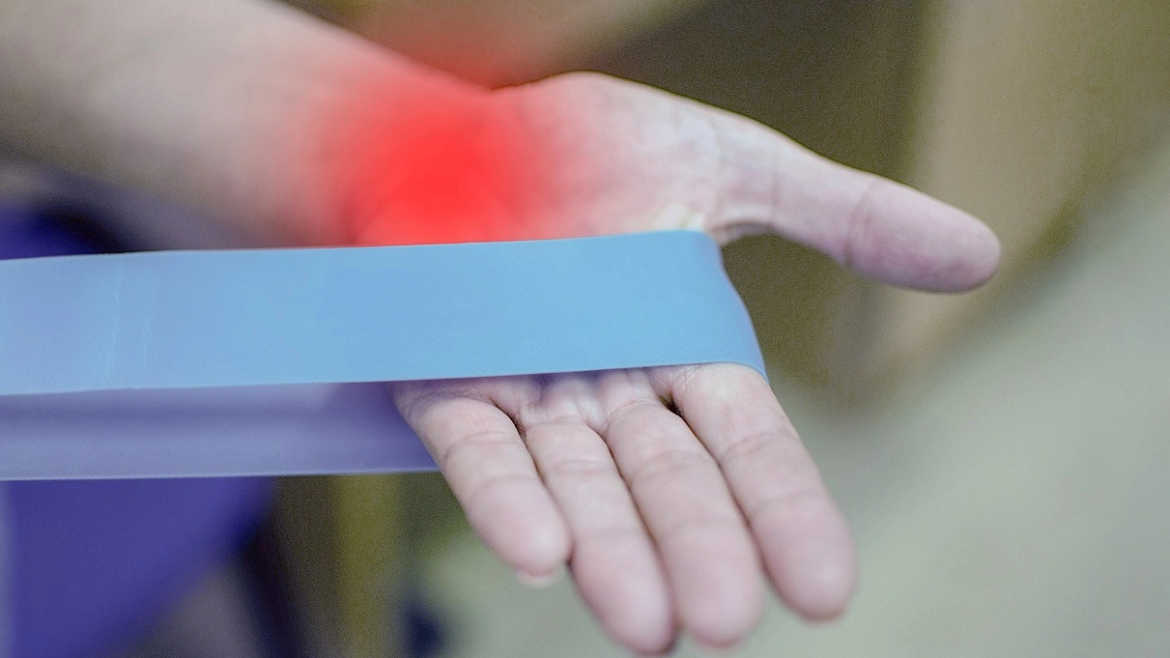5 Simple Ways to Combat Inflammation
Inflammation, often regarded as the body’s protective response to injury or infection, is a natural process crucial for healing. However, when left unattended or triggered persistently, it can transform from a beneficial mechanism into a destructive force. Chronic inflammation has been linked to a myriad of health issues, ranging from cardiovascular diseases, autoimmune conditions, and neurodegenerative disorders to cancer. Understanding and actively mitigating inflammation’s impact is pivotal for sustaining overall well-being, as it directly influences the body’s equilibrium and resilience.
What Kind health Issues Does Inflammation Cause?
Chronic inflammation has been implicated in a spectrum of health concerns, ranging from mild discomfort to severe, life-altering conditions. It plays a pivotal role in the development and exacerbation of various diseases, including cardiovascular ailments such as atherosclerosis, where inflammation contributes to plaque buildup in arteries, increasing the risk of heart attacks and strokes. Additionally, autoimmune disorders like rheumatoid arthritis and inflammatory bowel diseases like Crohn’s disease are characterized by an overactive immune response leading to chronic inflammation in specific tissues or organs. Moreover, neurodegenerative conditions like Alzheimer’s and certain cancers have been associated with persistent inflammation, suggesting a potential link between the body’s inflammatory processes and the progression of these complex diseases. Addressing inflammation becomes crucial not only for managing symptoms but also for potentially mitigating the progression of these diverse health issues.
Inflammation can stem from various sources, both internal and external. Some common causes include:
Dietary Factors: Certain foods, particularly those high in trans fats, refined sugars, alcohol, and/or processed ingredients, can trigger inflammatory responses in the body.
Lifestyle Habits: Smoking, excessive alcohol consumption, and a sedentary lifestyle can contribute to chronic inflammation.
Stress: Psychological stress can lead to an inflammatory response in the body. Chronic stress can exacerbate inflammation and weaken the immune system.

Environmental Factors: Exposure to pollutants, toxins, and allergens can provoke an inflammatory reaction in some individuals.
Infections and Injuries: Inflammation is a natural response to infections caused by viruses, bacteria, or other pathogens. Additionally, physical injuries or trauma can cause localized inflammation as part of the healing process.
Genetics: Some individuals may have a genetic predisposition to conditions that cause inflammation, such as autoimmune diseases like rheumatoid arthritis or lupus.
Understanding these triggers can help individuals make informed lifestyle choices to reduce the risk of chronic inflammation and its associated health issues.
How to Fight Inflammation
Simple lifestyle adjustments can effectively combat inflammation. Emphasizing a nutrient-rich diet abundant in fruits, vegetables, whole grains, and healthy fats like those found in nuts, seeds, and fatty fish can help reduce inflammation. Regular physical activity not only promotes overall health but also aids in curbing inflammation by supporting immune function and reducing stress. Prioritizing adequate sleep allows the body to rest and recuperate, thereby minimizing inflammatory responses. Managing stress through relaxation techniques such as meditation, deep breathing exercises, or yoga can also help modulate the body’s inflammatory pathways. Finally, avoiding smoking, limiting alcohol intake, and minimizing exposure to environmental toxins further assist in dampening chronic inflammation, fostering a healthier internal environment. These simple yet impactful lifestyle adjustments collectively contribute to combating inflammation and promoting overall wellness.
Inflammation Treatments
Pain stemming from inflammation can be managed through various treatments. Nonsteroidal anti-inflammatory drugs (NSAIDs) like ibuprofen or aspirin are commonly used to alleviate both inflammation and pain. Corticosteroids, available as oral medications or injections, are potent anti-inflammatory drugs that can provide relief. Additionally, lifestyle modifications such as adopting an anti-inflammatory diet, regular exercise, stress management techniques, and adequate rest can contribute to reducing inflammation and consequently alleviate associated pain.
Massage therapy may also offer relief from inflammation-induced pain. While it doesn’t directly treat inflammation, massage can help by reducing muscle tension, improving circulation, and promoting relaxation. Massage can be a beneficial complementary therapy alongside other treatments for managing pain related to inflammation. If you’re in the Everett area of Snohomish County, please visit Everett Spine and Rehab for massage treatments. We have been in business for over 20 years and would love to see you!
By proactively addressing inflammation, individuals can potentially stave off the development or progression of various ailments, fostering a healthier and more vibrant life.
Sources:
Health.harvard.edu
betterhealth.vic.gov.au
arthritis.org
Drugs.com
openai.com





